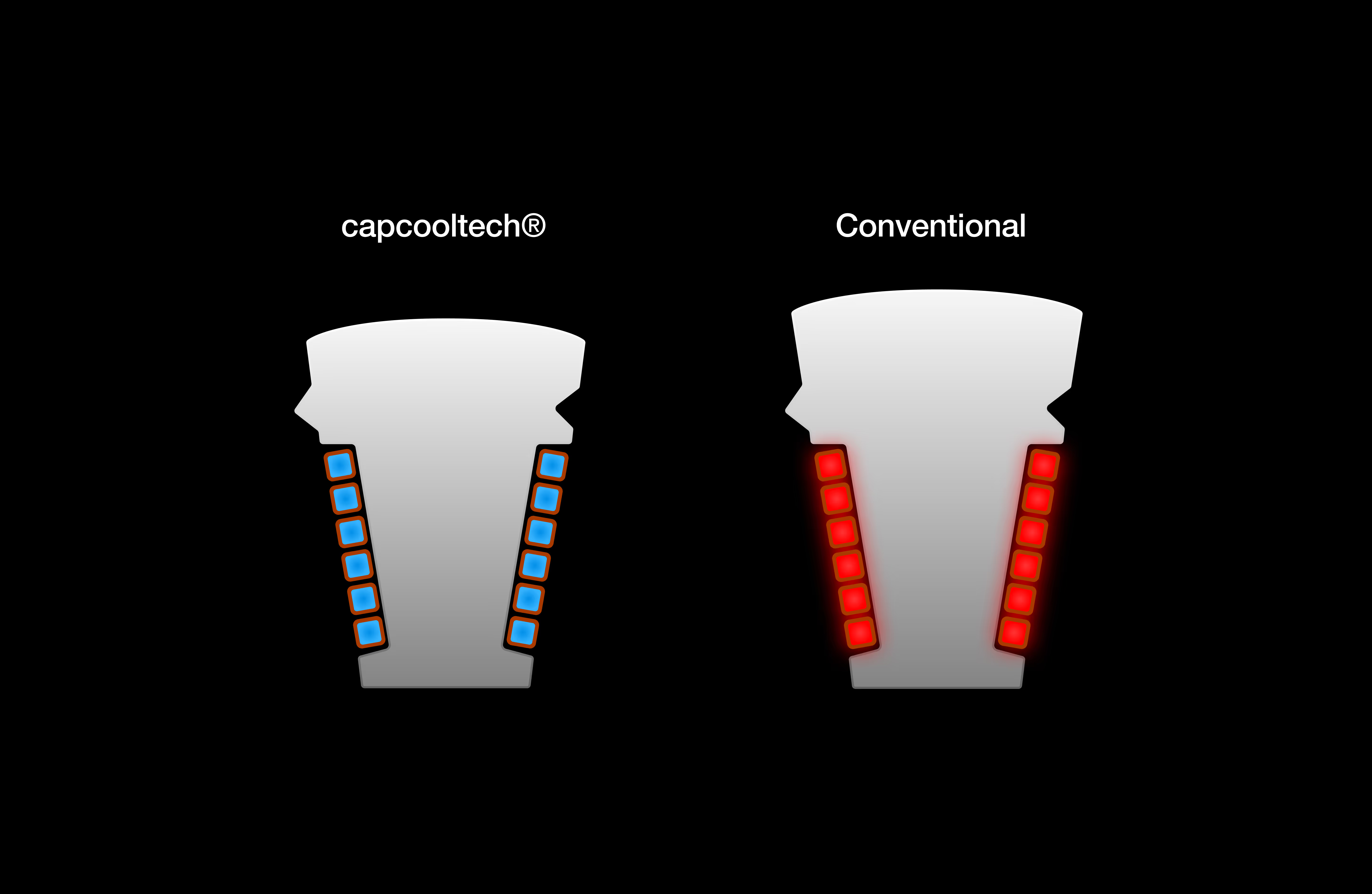DEF develops electric machines in a wide range of designs, from outer rotors and inner rotors to axial flux motors – for voltages between 12 and 1000 VDC. The platform approach enables precise scaling to meet customer-specific requirements in industry, automotive, aerospace, and other specialized sectors.
We also offer broad expertise in winding technologies: concentrated, distributed, and wave windings, as well as custom solutions, are implemented using state-of-the-art linear, needle, and pin winding machines. Our manufacturing capabilities are further complemented by both wire and pin technologies.
